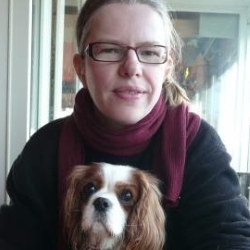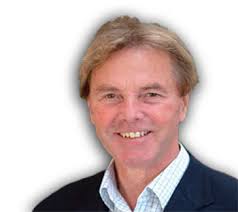I am looking forward to discussing what is the same and what is different when tutoring face to face and tutoring online, facilitating learning online, with no in person contact raises a number of interesting questions.
I also teach courses on building websites and social networking and look forward to spending some time discussion how to use social networks ethically. What networks to be using and some top tips for effective social networking.
Read More


